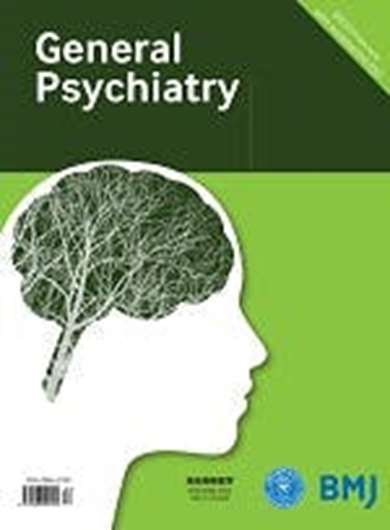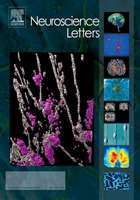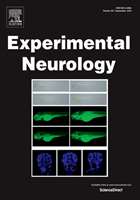Cooperation between China and Iran in addiction medicine: opportunities, challenges and strategies



.png)


Journal IF : 11.9
Introduction
Addiction is a major global risk factor for disability and premature death1 and has become a public health and social problem worldwide. Despite substantial investments from governments and research institutions globally, current addiction medicine research remains centred in Western countries. However, theories, models and results from western-centric research may not be applicable to different cultures. Non-Western countries such as China and Iran, and Western countries are committed to establishing addiction prevention and treatment tailored to their unique histories and cultures. To foster a global addiction science, it is important to increase the diversity of evidence without preconceived biases. Studying addiction problems across different regions and cultural backgrounds and sharing successful prevention and treatment models can provide a more comprehensive perspective for global addiction science, potentially yielding innovative solutions that benefit all countries. China and Iran have their own unique addiction challenges and treatment experiences and have become important representatives of addiction research progress in countries outside the Western axis. Both China and Iran have rich traditional medicine experiences in addiction medicine, which have been developed over thousands of years of trial and error. These offer valuable insights for refining addiction treatment and preventing relapse. Traditional Chinese medicine has a history of over 2000 years in China and has been used to treat addiction, including substance and non-substance addiction, for the past two centuries. Traditional herbal therapy, which targets multiple systems and mechanisms, is considered effective in relieving withdrawal symptoms and preventing addiction relapse with minimal side effects.2 3 It also has a rehabilitative effect on physical issues caused by long-term drug use, including improvements in immune function and working memory and the prevention of neurological diseases.4 The continuous application of traditional medical therapies in China and Iran has preliminarily proven effective in addiction treatment in Western countries, demonstrating the potential benefits of integrating traditional practices into modern medicine. The collaboration of addiction disciplines in China and Iran can provide new impetus and opportunities for the development of global addiction science. With the launch of China’s ‘Belt and Road’ Initiative, high-level meetings have paved the way for rapid collaboration channels in medical care and healthcare between China, Iran and other countries. The ‘China-Iran’ Belt and Road International Addiction Medicine Symposium in Shanghai invited leading scholars in the field to explore the latest developments in addiction medicine and promote the international development of addiction medicine and drug rehabilitation interventions. Based on this conference, we explored the collaboration opportunities, challenges and strategies in addiction medicine between China and Iran (figure 1). By promoting international cooperation in addiction disciplines, we hope to provide more effective solutions, reveal a more comprehensive perspective for the advancement of global addiction science and facilitate innovation and development in addiction medicine research to better address global addiction challenges.






